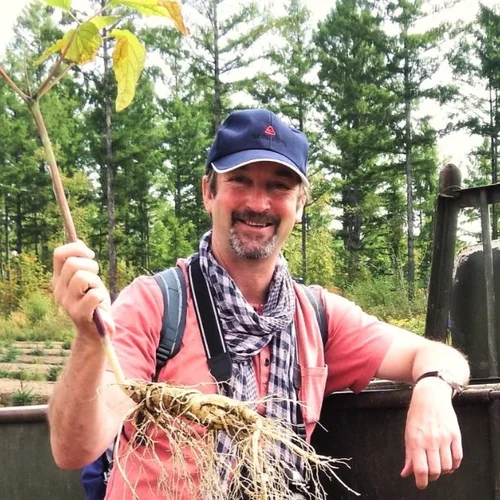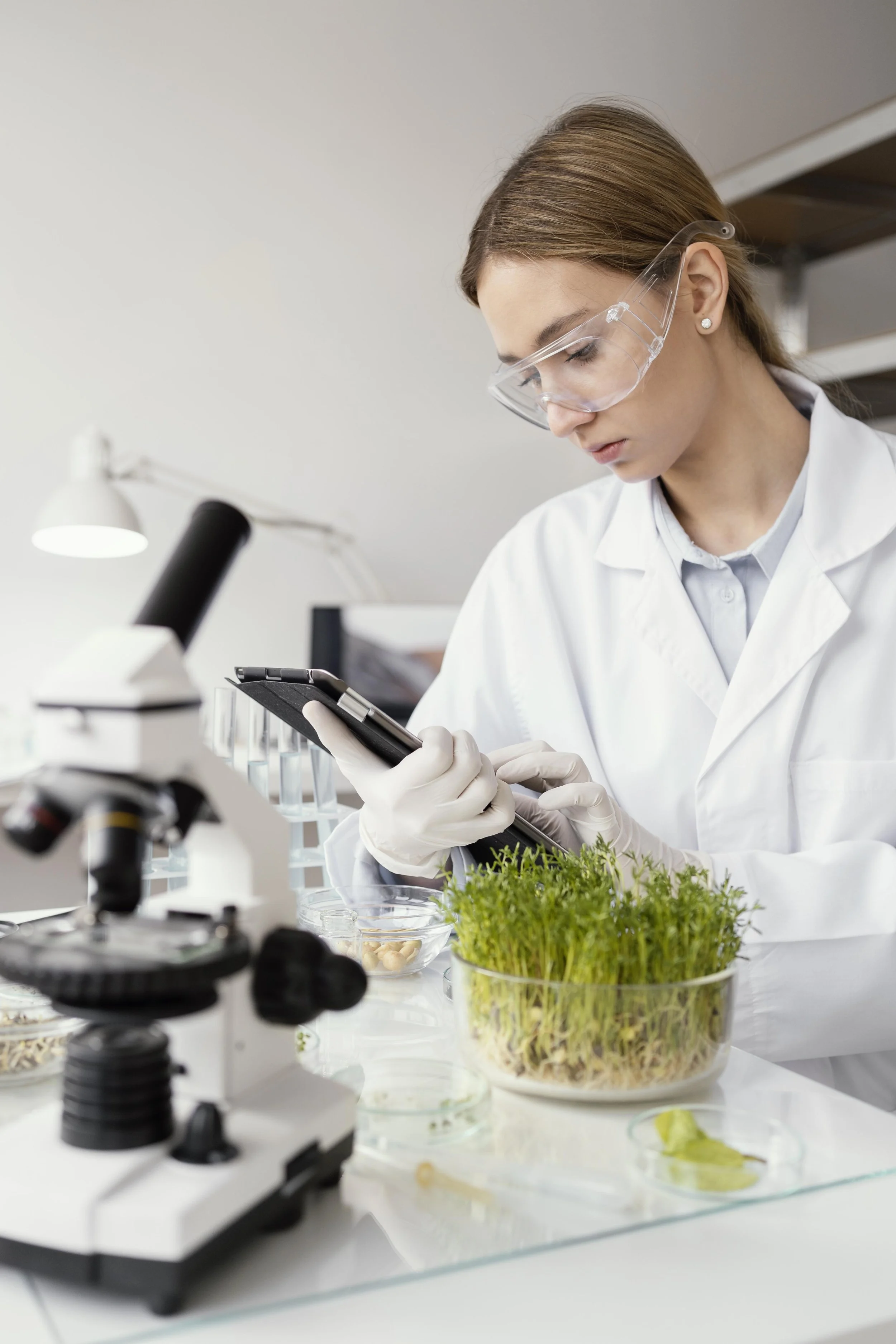Ethnopharmacy Full Module(5 Days): Explore Global Herbal Medicine, Master Safety, Science, and Product Making
Explore the world of ethnopharmacy with Dr. Tony Booker and guest experts from the industry in this dynamic course blending traditional herbal wisdom with modern science—covering product making, safety, and global regulation of medicinal plants.
This course can be taken as a CPD module or counted as credit toward the UKTATM Diploma in TCM, with 40 hours of scheduled learning and 110 hours of independent study.

Instructors: Dr. Tony Booker, and guest speakers from industry and regulatory affairs
Includes lectures, tours, and conferences.
What is Ethnopharmacy?
Ethnopharmacy is the study of how different cultures use medicinal plants and natural substances for healing. It bridges traditional herbal knowledge with modern scientific approaches to better understand, evaluate, and preserve global healing traditions.
It explores:
- Traditional medicine systems
- Cultural and historical uses of medicinal plants
- Scientific validation – covering pharmacology, safety, and quality control
- Legal and ethical issues – such as sustainability, regulation, and intellectual property
Why Study Ethnopharmacy?
Studying ethnopharmacy gives practitioners a unique perspective that combines traditional wisdom with modern science—empowering you to practise herbal medicine more safely, ethically, and effectively.
Build Clinical Confidence
Learn the science behind how herbs work—from active constituents to potential side effects—so you can prescribe with clarity and assurance.
Stay Globally Informed
Explore how different countries regulate and protect herbal medicine, and engage with key institutions like Kew Gardens, the RCHM, and China Medical University, Taiwan.
Bridge Tradition & Science
Gain insight into how traditional knowledge is validated by modern pharmacognosy and pharmacology—creating a stronger foundation for your herbal practice.
Make Your Own Herbal Products
Learn to craft tinctures, creams, tablets, and more using traditional knowledge and modern methods.
Support Sustainable Practice
Explore ethical sourcing, sustainability in the supply chain, and conservation of medicinal plants.
Practice with Integrity
Make informed choices about the herbs you use—supporting ethical sourcing, conservation of endangered species, and transparent labelling.
What You'll Learn

Who is this programme for?
This programme is for health enthusiasts, healthcare professionals, and holistic health practitioners looking for proven nutrition strategies to empower themselves and others to make informed and impactful health decisions that lead to a longer, healthier life.
- Healthcare professionals interested in the science and safety behind herbal medicine
- Chinese medicine practitioners and herbalists seeking to deepen their understanding of authentic herbs, quality control, and global safety regulations
- Acupuncturists aiming to expand their herbal knowledge and count this course toward the 2-year UKTATM Diploma programme
- Clinical researchers exploring the formulation, pharmacology, and efficacy of medicinal plants
- Aspiring herbalists who want hands-on experience in herbal product making and hope to develop their own brand
Master Herbal Safety, Quality, Regulation, and Product Formulation
- Master herbal safety, quality, and regulation, while gaining hands-on experience in creating products like ointments, creams, and tinctures.
- Whether you're launching your own brand or enhancing your clinic, this course gives you the confidence and skills to create with precision.
Study at Your Own Pace — Earn Credit Toward the UKTATM Diploma
Thinking of going deeper into herbal medicine? You can take this course as a credited module toward the UKTATM 2-Year Diploma in Traditional Chinese Medicine.
This course is a perfect first step if you’re preparing for a career in herbal medicine or exploring a new path in Traditional Chinese Medicine.
Explore 2-Year Diploma →
How You’ll Learn
The module combines lectures, practical workshops, and tutorials to cover theory, medicinal plant study, and product making.
In addition to guided study, students will join an interactive forum to discuss pharmacognosy topics with teaching staff. You'll also have the opportunity to collaborate with peers on group work and access self-directed study materials, including background reading and theory consolidation.
Students receive herb samples to classify and organize by Chinese medicine, botanical, and phytochemical categories, building their own herbarium. Herb identification and product making can be learned through either in-person classes or online.
Total Student Learning and Teaching Hours
(40 hours of contact teaching and 160 hours of home study)
200 Hrs
Lectures
-
Quality control, manufacturing and auditing
Different methods and analytical techniques used in quality control. How to test for correct species, heavy metals, pesticides, adulterants and contaminants.
The manufacturing process for powders and granules, dry bed granulation, fluid bed granulation, freeze drying. Tinctures and liquid extracts and other extraction methods. Understanding excipients in powders and granules.
Licensing, Regulation and Auditing for food supplements and herbal medicines
The roles of different regulators. The MHRA and the FSA. The BHMA and the HFMA. How herbs are regulated in other countries.
Pharmacopoeias and the minimum content of active ingredients in raw herbs.
What licensing is needed for what product? Food supplements, cosmetics and herbal medicines. The steps in obtaining a Traditional Herbal Registration.
Practical tincture and liquid extract manufacture
-
Pharmacology and toxicology.
Understanding pharmacokinetics, pharmacodynamics and toxicology and how these relate to herbal medicines.
Side effects and adverse reactions to herbs. Herb drug interactions.
Examining the different types of side effects and adverse reactions and what action to take to prevent these or to manage them once manifested.
Practical Herbal soap manufacture
How to obtain safety certification for cosmetic products.
-
Traditional and modern pharmacognosy techniques.
Understanding certificates of analysis
Here we will look through common adulteration techniques and how to spot them. We will look at examples of fake herbs and how to identify these without the need for complex instruments.
Sustainability and the supply chain.
Fieldwork studies in India, China and Taiwan
Practical Manufacture of creams and ointments
-
Making creams, ointments, tablets, capsules and tinctures
Understanding the manufacturing process. How to make medicines and sure the best stability and preservation. Understanding bacteria, moulds and biofilms and the steps to take to minimise them in production.
Capsule filling
Content uniformity testing
Disintegration and dissolution testing
Friability testing
Microbial limit tests and environmental monitoring
Preservation and Stability testing for herbal products
Practical tablets and capsule manufacture
-
Phytochemistry of medicinal plants and Chinese herbs with particular active ingredients.
The origins of powders, tinctures and decoctions and how bioavailability is affected by different dosage forms.
Herbs that can be taken in their raw forms. Granule dosing, the correct way.
Understanding turnover rate and its clinical significance
Single herb granules versus granule formulas and blending formulas for the best clinical results.
Latest research in pharmaceutics.
Practical Making herbal plasters
Tours and conferences (in-person)
Attendance at one or more of the following: Species and Medicinal Conference (UCL), Kew Gardens Ethnobotany Lecture, or Bristol Chinese Herb Garden Virtual Tour.
Course Fee & Finance Options
Discover the Science and Safety Behind Herbal Medicine, Plus Hands-On Product Creation
Meet Your Instructor
Dr Tony Booker
Dr. Tony Booker, PhD, MRCHM, is a leading expert in Chinese Herbal Medicine. With a deep commitment to improving the quality of herbal remedies, he combines academic knowledge with practical experience. A former president of the Register of Chinese Herbal Medicine (RCHM), he now directs courses at UKTATM and serves as a senior lecturer at the University of Westminster, specializing in ethnopharmacy and pharmacognosy.
He also serves on the Herbal Medicines Advisory Committee (HMAC) and advises the UK’s Medicines and Healthcare products Regulatory Agency (MHRA). Internationally, he is a member of the American Botanical Council and has been appointed as a scientific advisor to ESCOP (European Scientific Cooperative on Phytotherapy)
Why Learn from Dr. Tony Booker?
Dr. Tony Booker is the perfect guide to dive into the world of ethnopharmacy. As the founder of UKTATM and former RCHM President, he mixes traditional herbal wisdom with modern science. With years of experience in herbal quality and safety, Tony gives you the know-how to confidently work with medicinal plants and create your own herbal products. Learn from one of the best in the field and take your herbal practice to the next level!"


